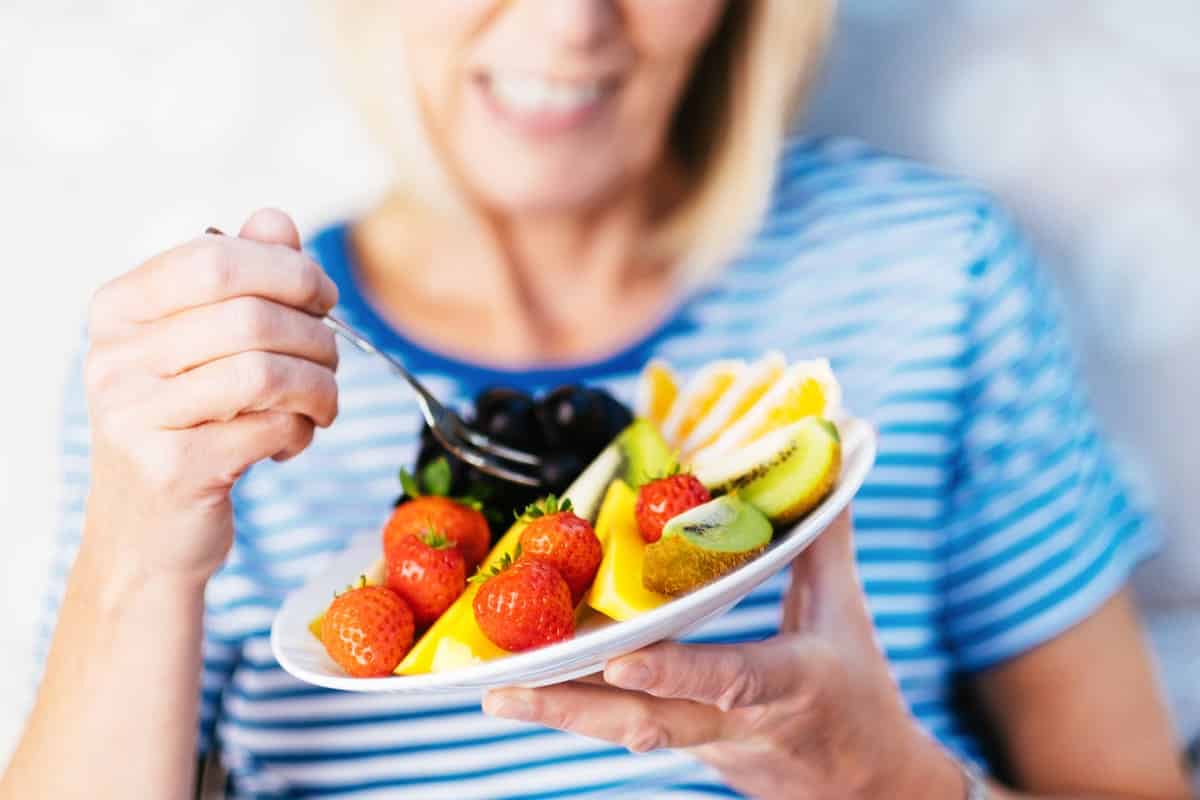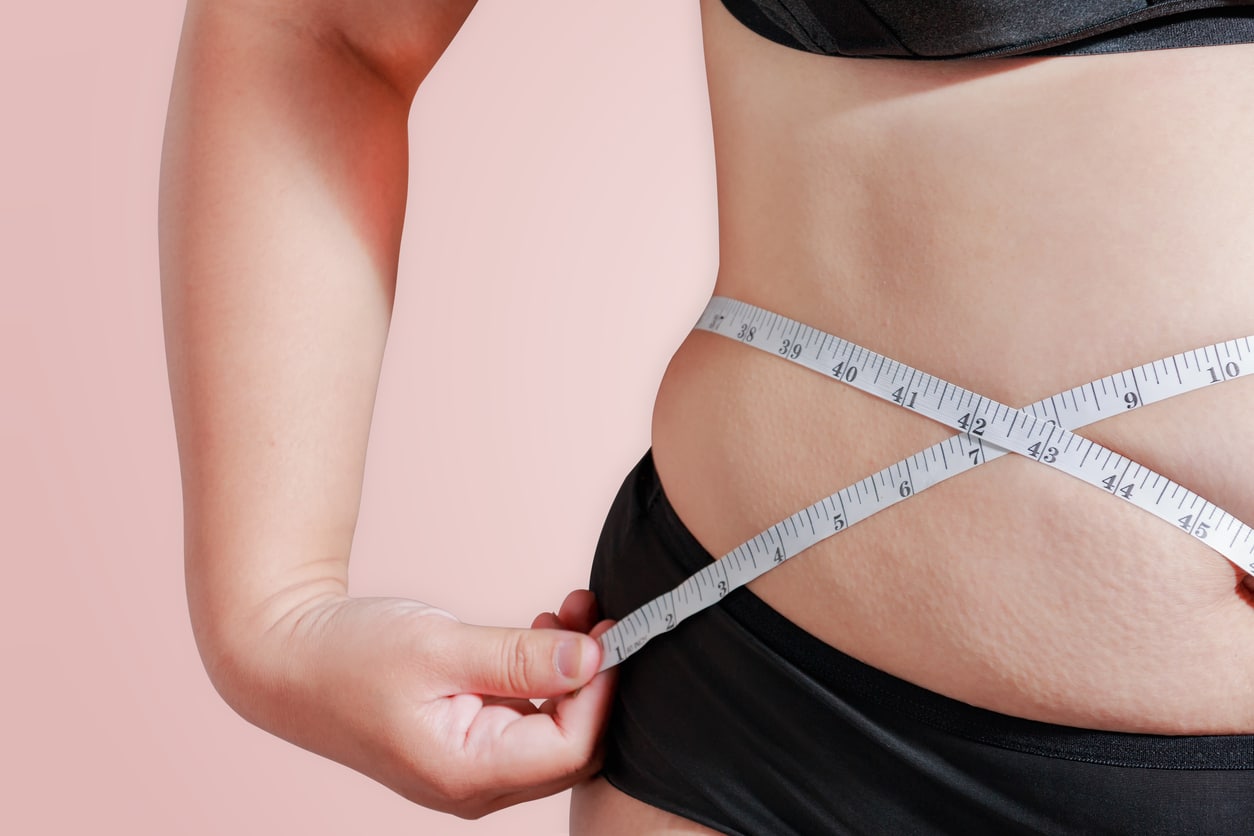Society puts a great deal of pressure on women to look a certain way. One industry that gains a lot from this is the diet industry.
This industry capitalizes on the obsession with the way women’s bodies should look by constantly pushing fad diets. Studies have shown that nearly 55% of women try to lose weight, often by involving a restricted diet. More depressingly, it seems that the average woman will spend 17 years of her life on a diet.
These statistics are quite concerning when we consider how much emotional and social distress diets can cause. We don’t want to spend almost two decades of our lives restricting ourselves at birthday parties and holiday celebrations or turning down dinner invites. At the end of the day, becoming addicted to restrictive dieting can do a number on your body.
Intuitive eating can be a great solution if you struggle with your relationship with food. Intuitive eating is basically an anti-diet. It means listening to your body, not so-called diet “experts” who are trying to sell you a meal plan. Intuitive eating gets rid of the concepts of “good vs. bad” foods, restricted eating windows, and all of the other restrictions associated with diets.
Instead, it focuses on giving your body what it is craving and paying close attention to its hunger cues.
If you are interested in getting into intuitive eating, read on. We’ll walk through our best tips for healing your relationship with food and breaking free from the diet mentality.
Pay Attention To Your Hunger Cues

Part of healing your relationship with food is understanding and responding to your own hunger.
If you are hungry, don’t deprive yourself of food. Doing this can lead to binge eating, which is one of the reasons that some diets can ultimately result in weight gain.
You will also want to pay attention to when you are finally full. Instead of eating to the point of feeling stuffed, stop eating when you are no longer hungry—this is a much healthier approach.
Don’t Eat While You Are Distracted

One component of intuitive eating is focusing entirely on your meal. This helps you enjoy it completely and will improve your ability to recognize your own satiation cues.
Many of us find ourselves eating in front of the television, reading emails during breakfast, or scrolling through our feeds while munching on a snack. When we do this, though, we aren’t totally plugged into our meal, which can lead to over-eating.
Enjoying your meal is not only about preventing overeating, though. Intuitive eating is all about really savoring the things that you are eating. Restriction results in cravings, while responsible indulgence can stop cravings in their tracks.
Don’t Engage In Emotional Eating
If you are having a rough day, it can be tempting to treat yourself to a piece of sugary or greasy food.
While you don’t want to be afraid of eating sugar, you also don’t want to depend on sugar as a pick-me-up after a difficult time. If you start associating foods with rewards, it can warp your relationship with food just like a diet can.
This is why it is important to deal with negative emotions using healthy coping mechanisms. This can mean dealing directly with the source of your stress, engaging in some exercise, or talking to a trusted friend.
Investigate Your Body Expectations

Unfortunately, the modern media is constantly promoting unrealistic body images to us from a young age. Everyone’s body is unique, and you have a natural shape and size that your body tends towards when healthy. You don’t want to try and force your body into a size or shape that is unhealthy.
If you find yourself constantly trying to change the look of your body, you might want to reflect on the media you consume. This includes looking at who you follow on social media and thinking critically about the traditional media you consume.
Is there anyone who is particularly triggering to you? Remove these people from your feed. Then search out people who have your natural body shape or who are unconventionally beautiful.
By filling your feed with people who challenge the beauty narrative, you can start to accept your body for its natural form and thus reduce your impulse to change it through restrictive diets.
Stop Thinking Of Foods As “Good” or “Bad”
Putting foods into categories of “good” and “bad” or “healthy” and “unhealthy” can actually be quite damaging.
The truth is, no food is inherently good or bad. Some foods might be best when consumed in moderation, while others might be okay to consume in large volumes.
At the end of the day, though, every healthy diet features one key aspect: balance. A truly balanced diet includes all types of food, even fatty foods, and sweet treats.
Read Next:
Detox Water Diet: A Simple Way to Lose Weight?







